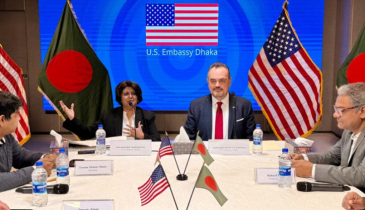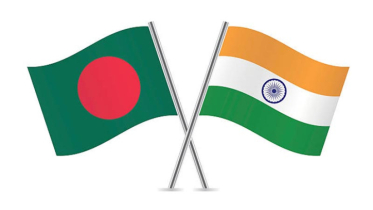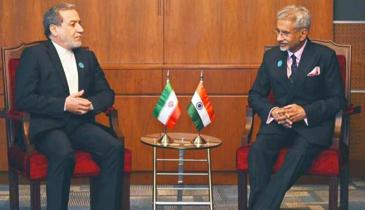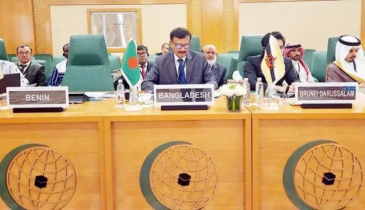IMF highlights corruption risks across state institutions in Pakistan
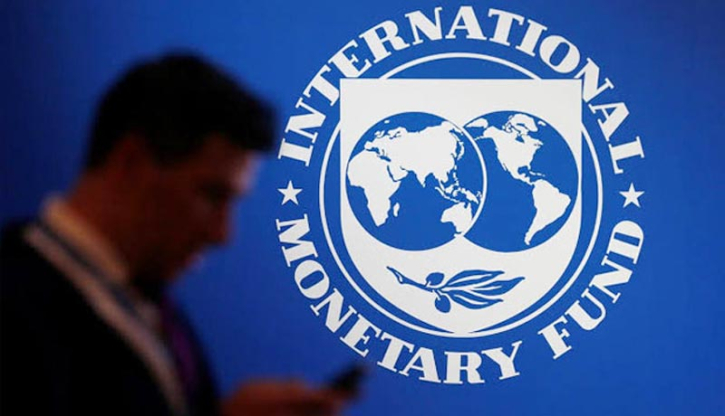
The International Monetary Fund (IMF) has warned that Pakistan faces entrenched corruption risks across key state institutions and must urgently implement a sweeping set of reforms to strengthen transparency and governance.
The findings were published in the IMF’s long-delayed Governance and Corruption Diagnostic Assessment (GCDA), a document that Islamabad had held back since August and whose release is tied to the Fund’s expected approval of a $1.2 billion loan tranche next month.
According to the assessment, Pakistan could increase its economic growth by 5% to 6.5% over the next five years if it launches a comprehensive governance overhaul within the next three to six months. The IMF’s recommended 15-point reform plan targets systemic weaknesses affecting public procurement, fiscal management, tax administration, judicial efficiency and oversight of state-owned enterprises.
A central theme of the report is eliminating preferential treatment for politically influential public-sector entities, ensuring transparent decision-making within the Special Investment Facilitation Council (SIFC), and imposing clearer limits on the government’s financial authority while strengthening parliamentary scrutiny.
The IMF said Pakistan’s economic performance has long been undermined by opaque governance structures and weak accountability mechanisms. “Improving access to information and strengthening the capacity of state and non-state stakeholders to participate effectively in governance and economic decision-making” is essential, the report noted, emphasizing the need for rule-based, rather than discretionary, governance.
The diagnostic assessment found corruption vulnerabilities embedded across budgeting systems, fiscal reporting, public procurement, and the management of state-owned enterprises. Capital spending and oversight of public financial and non-financial assets were highlighted as particularly exposed to misuse.
Pakistan’s tax structure was also described as overly complex and opaque, with customs and revenue authorities hampered by limited capacity and weak internal controls, contributing to chronically low revenue collection. The IMF further pointed to inefficiencies in the judicial system, which it said lacks the organizational capacity, legal clarity, and institutional integrity needed to uphold contracts, enforce property rights, and ensure predictable legal outcomes.
The report concludes that addressing governance and corruption issues is not only critical for the next IMF disbursement but also essential for Pakistan’s long-term economic stability. It says meaningful reform — combining institutional strengthening with direct anti-corruption measures — is necessary to restore public trust and unlock sustained growth.
.png)


